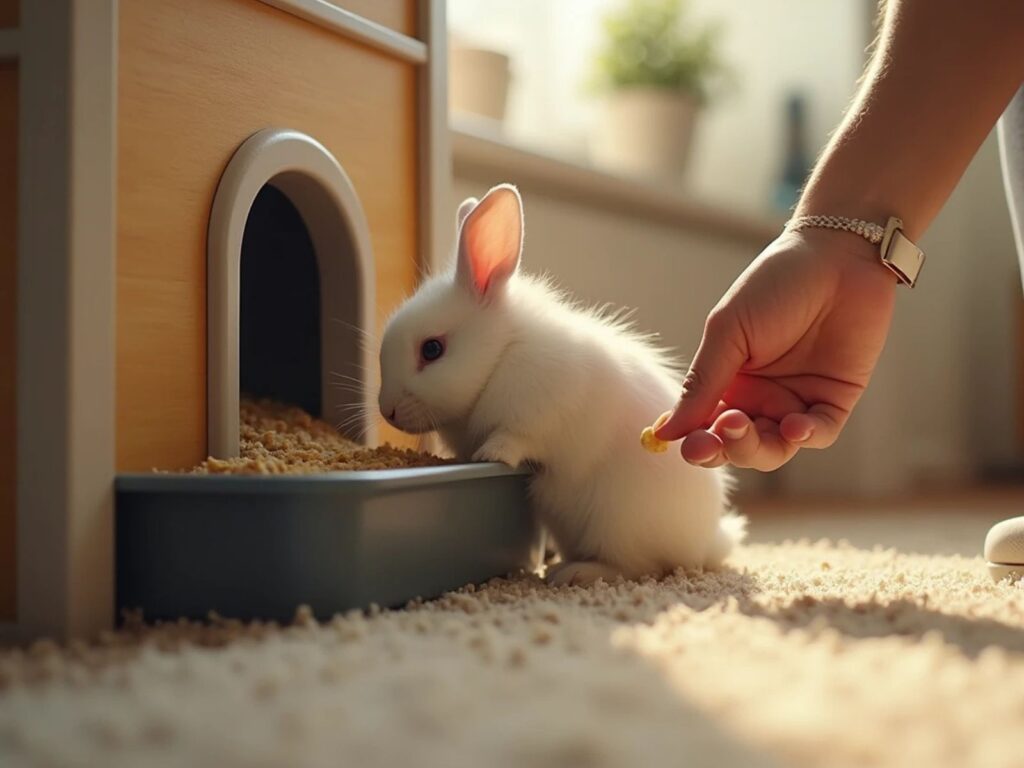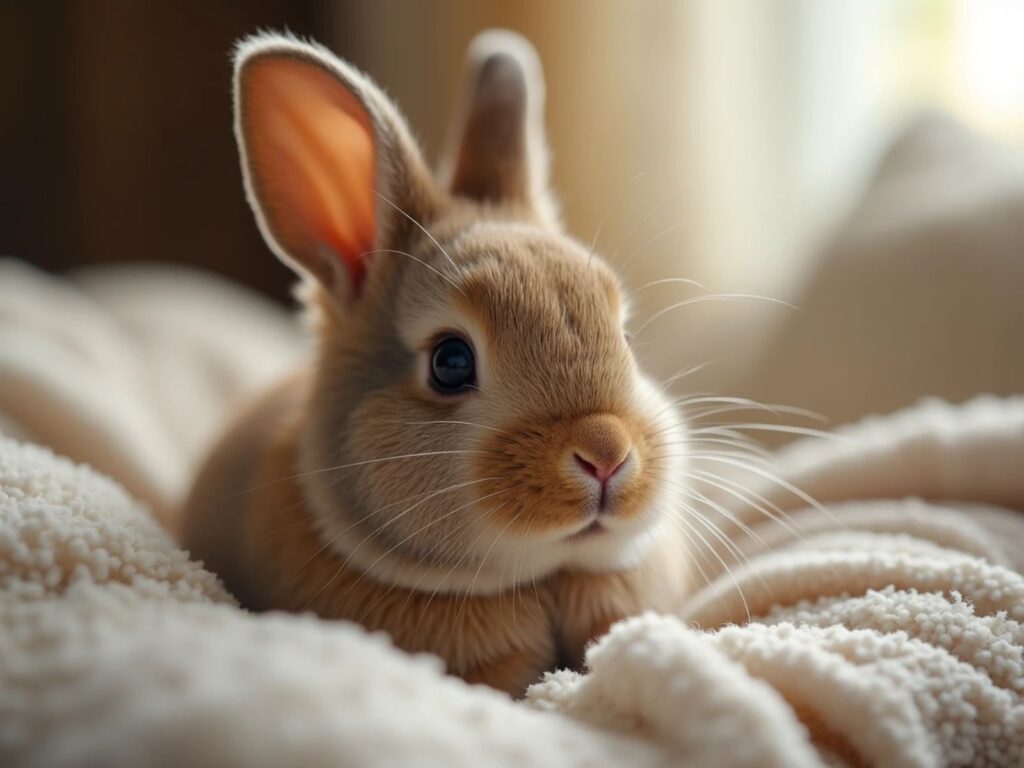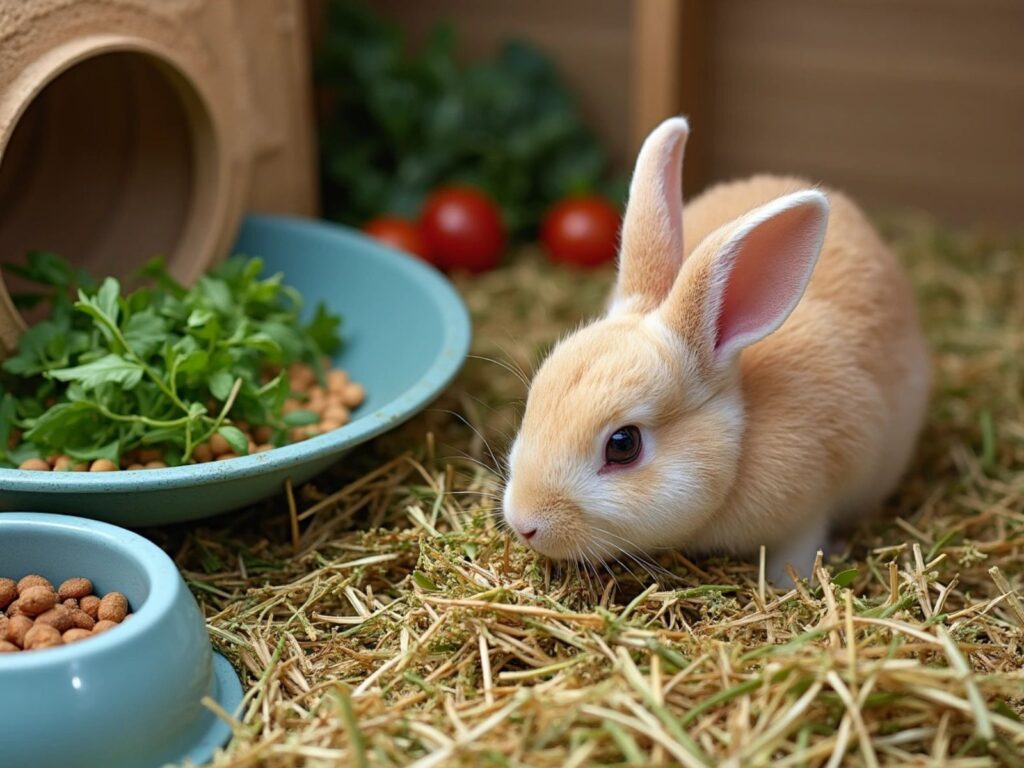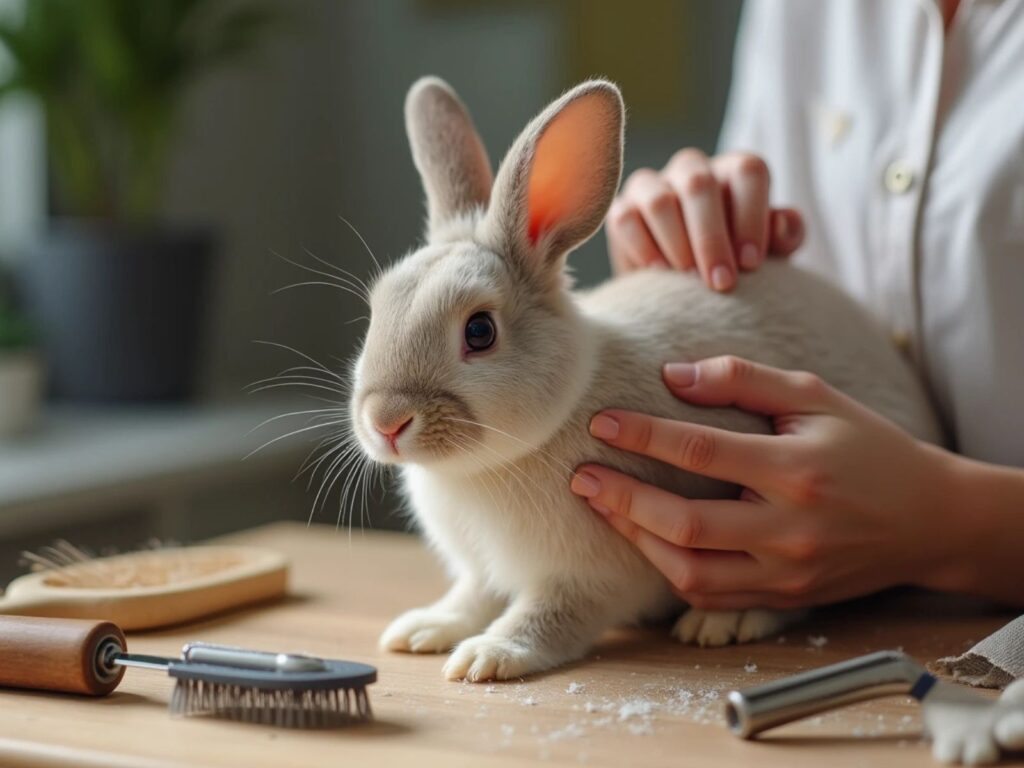Home » Small mammals » Pet Rabbits: Your Guide to Happy Hopping Companions

Rabbits can live 8-12 years making them rivals to many dogs, they can be considered as long-term family members rather than short-term starter pets.

My journey into rabbit keeping began three years ago with a rescued Dutch rabbit. The experience has taught me that while these pets need specific care, their loving personalities make every effort worthwhile.
Popular beginner-friendly breeds:
Initial setup typically runs $300-400:

Essential living space needs:
Daily nutrition requirements:
Activity requirements include:

Regular maintenance includes:
Watch for these indicators:
Issues to monitor:

Create a rabbit-friendly space:
Rabbits thrive with:
Yes, rabbits can learn:
No, healthy rabbits clean themselves. Only spot cleaning is needed unless directed by a vet.
While possible, indoor living is safer and allows for better socialization and temperature control.
Rabbits can be happy alone with plenty of human interaction, but many enjoy a spayed/neutered companion.
Annual check-ups are recommended, plus immediate care for any health concerns.
Yes, but with supervision. They’re better with older children who understand gentle handling.
In many areas, rabbits need yearly vaccines against RHDV2 (Rabbit Hemorrhagic Disease Virus).
Adult rabbits can manage 24-48 hours with proper food, water, and safe housing setup
Pet rabbits combine the independence of cats with unique personalities all their own. Their quiet nature makes them perfect for apartments, while their intelligence provides endless opportunities for bonding and training. Though they require specific care and commitment, rabbits reward their families with years of affection and entertainment.
Remember that adopting a rabbit means welcoming a decade-long companion into your home – one who will hop their way into your heart with their charming antics and loving nature.
Sign up for our newsletter and receive the next story before it is lunched
Our blog is made with love to give you advice on how to take care of your beloved pets and to help you learn everything about their stories